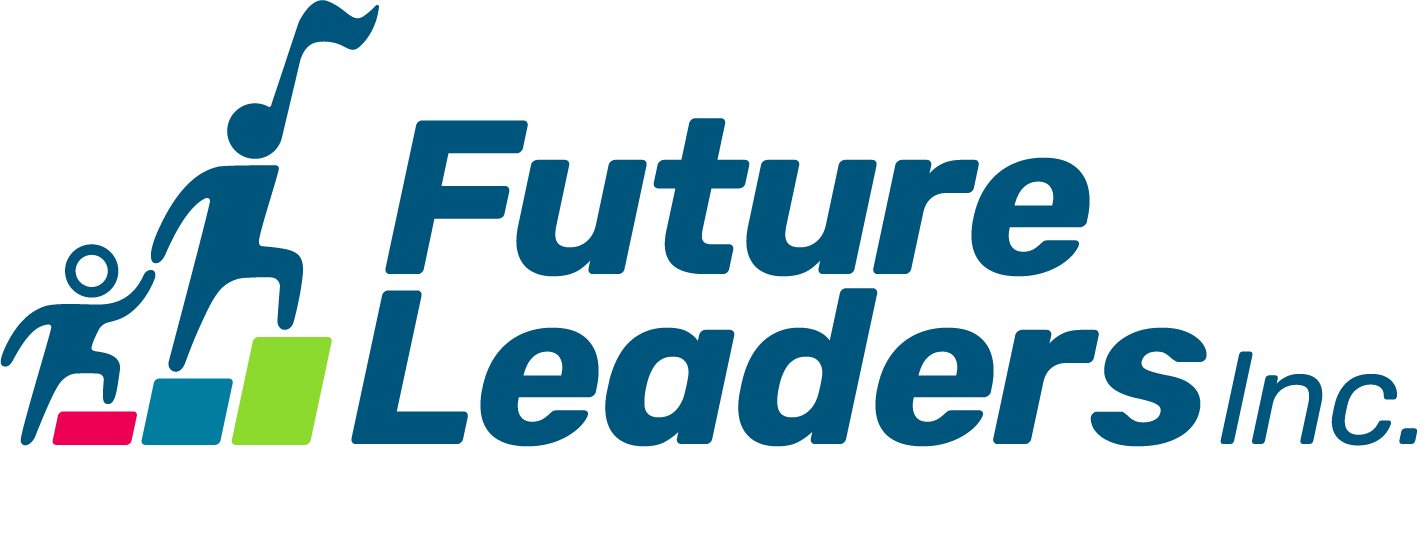Foundational Skills
Building Blocks for Brilliance
Future Leaders, Inc. (FLI) recognizes that a strong foundation is the cornerstone of any successful endeavor. Our "Foundational Skills" programs, though initially designed for the very young (ages 2-5), provide the essential building blocks for a lifetime of learning, growth, and personal fulfillment. These core literacy, numeracy, communication, and mindfulness skills remain vital throughout all education and beyond, shaping individuals who are both academically proficient and emotionally intelligent, adaptable, and prepared to thrive in an ever-changing world.
Whether you're a preschooler taking their first steps in reading and writing, math, mindful listening, and controlled speaking, or a high school student refining your communication and critical thinking abilities, FLI's innovative approach combines cutting-edge neuroscience, engaging activities, and personalized instruction to unlock your full potential. We foster a love of learning, nurture curiosity, and build a solid foundation that empowers you to achieve academic excellence, express yourself confidently, and navigate life's challenges with resilience and grace.
Ages 2-4: Foundations in Learning
Reading Readiness: Interactive board books, texture exploration, and sensory activities lay the groundwork for early literacy.
Phonemic Awareness: Rhymes, sound games, and syllable fun help children recognize and manipulate sounds in words.
Letter Recognition: Playful letter hunts, sensory letter play, and simple letter-sound connections introduce the alphabet.
Ages 4-6: Building Blocks of Literacy
Phonics Development: Advanced phonics concepts, such as consonant blends and digraphs, are taught through engaging games and activities.
Fluency Building: Repeated reading practices, rhyming relays, and Reader’s Theater activities enhance reading accuracy and expression.
Vocabulary Expansion: Word scavenger hunts, interactive storytime, and context clue exercises build a robust vocabulary.
Ages 6-9: Enhancing Comprehension and Expression
Reading Comprehension: Strategies such as making predictions, visualizing, and connecting texts to personal experiences improve understanding.
Creative Storytelling: Puppet shows, story sequencing, and retelling activities encourage creative expression and narrative skills.
Independent Reading: Encouraging daily independent reading and providing diverse books to foster a love for reading.
Ages 9-12: Critical Thinking and Analysis
Advanced Comprehension: Critical analysis of texts, identifying themes, and discussing character motivations develop higher-order thinking skills.
Writing Skills: Structured writing exercises, peer reviews, and creative writing prompts enhance writing abilities.
Public Speaking: Activities like debates, presentations, and storytelling boost confidence and communication skills.
Ages 12-18: Leadership and Lifelong Learning
Research and Inquiry: Research projects, inquiry-based learning, and collaborative assignments prepare students for academic challenges.
Leadership Development: Leadership training, problem-solving activities, and community service projects cultivate leadership qualities.
College and Career Readiness: SAT/ACT preparation, career counseling, and mentorship programs guide students toward their future goals.
